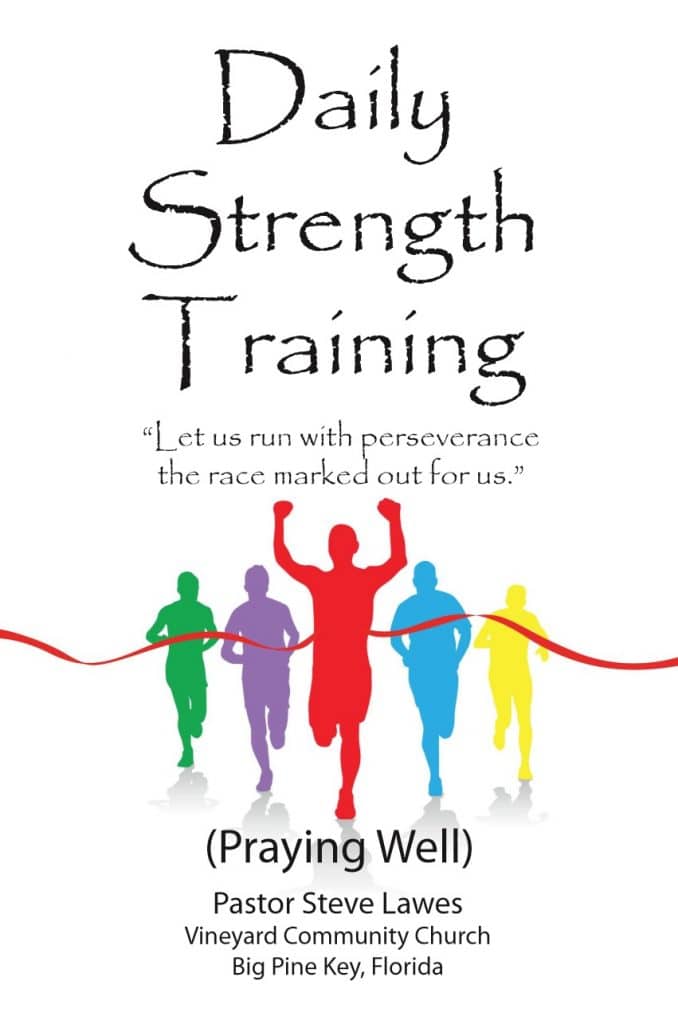Open the Power of Church Coaching: Drive Community Engagement and Empowerment
In the world of area growth and empowerment, the function of church training is progressively being acknowledged as a powerful device for cultivating development and engagement within churchgoers. By harnessing the possibility of mentoring techniques, churches are not just able to enhance their bonds with participants but additionally to produce comprehensive settings that encourage people to reach their max potential. The impact of reliable church mentoring prolongs past the wall surfaces of the church, driving neighborhood involvement and empowerment in manner ins which resonate far past traditional borders.
Benefits of Church Mentoring
The benefits of church mentoring are manifold, supplying beneficial advice and assistance to individuals seeking individual development and spiritual growth within their neighborhood. Church training provides an organized technique to helping people navigate their belief journey, supplying insights and perspectives that can lead to a much deeper link with their spirituality. With individually sessions or group setups, church coaching gives a safe room for people to explore their goals, worths, and ideas, cultivating a feeling of quality and function in their lives.

Conditioning Neighborhood Bonds
Reinforcing neighborhood bonds through Church Coaching includes cultivating connections and unity among individuals within the churchgoers. By implementing coaching techniques customized to constructing connections, churches can produce a encouraging and comprehensive environment where members feel connected and valued (small churches). Church Coaching provides a platform for open communication, empathy, and understanding, enabling congregants to share experiences, support each other, and grow together in belief
Through group training sessions, workshops, and neighborhood events, churches can help with chances for individuals to communicate, work together, and develop long lasting connections. These tasks not just enhance the bonds within the churchgoers however likewise encompass the broader community, fostering a good reputation and unity past the church wall surfaces. By stressing the value of neighborhood interaction and empowerment, Church Coaching serves as a stimulant for social communication, empathy, and collective activity, eventually producing a more durable and connected area. In supporting these bonds, churches can uplift and empower people to make a positive influence, both within the congregation and in culture at big.
Creating Comprehensive Atmospheres
Cultivating inclusive settings with Church Mentoring includes growing a culture of approval and regard for variety within the parish - small churches. By proactively promoting inclusivity, churches can produce rooms where individuals from all histories feel welcomed and valued. Church leaders play an essential function in establishing the tone for inclusivity by emphasizing the value of embracing differences and promoting a feeling of belonging for everyone

Comprehensive environments not just profit private congregants yet likewise reinforce the overall community by cultivating compassion, teamwork, and understanding. With Church Mentoring, index parishes can collaborate to build a much more helpful and comprehensive setting where everyone can flourish.
Equipping People to Reach Possible
Encouraging individuals to reach their full potential is a core goal of Church Training, intending to support individual development and fulfillment within the parish. By giving tailored support and assistance, Church Training furnishes participants with the devices and attitude required to get over barriers, utilize their staminas, and seek their this post ambitions with self-confidence. Via individually mentoring sessions, workshops, and mentorship programs, people are urged to discover their skills, worths, and goals in a secure and encouraging atmosphere.
Church Mentoring equips people to determine areas for improvement, set realistic objectives, and take aggressive actions in the direction of individual advancement. This process cultivates a feeling of responsibility and self-efficacy, equipping individuals to take ownership of their development journey. By fostering a culture of continual learning and self-improvement, Church Training enables individuals to unlock their complete capacity and make significant payments within the members and the more comprehensive neighborhood. Eventually, by empowering people to reach their capacity, Church Coaching plays a vital duty in developing a strong, resistant, and equipped parish.
Driving Neighborhood Engagement
Enhancing neighborhood participation through energetic participation is a crucial focus of Church Mentoring's approach to driving neighborhood engagement. By promoting a feeling of belonging and encouraging participants to add their distinct abilities and talents, churches can create a vivid and inclusive community that prospers on collaboration and mutual assistance. Via initiatives such as neighborhood solution projects, outreach programs, and gatherings, Church Coaching equips individuals to get in touch with one another and make a positive impact in their communities.
Area involvement is not almost engagement; it is additionally regarding paying attention to the demands and concerns of community members. Church Training stresses the relevance of open communication networks and responses devices to ensure that everyone's voice is heard and valued. By actively seeking input from the neighborhood and reacting to their comments, churches can develop depend on and reinforce relationships with those they serve.
Final Thought
Finally, church training plays a critical function in enhancing community bonds, creating comprehensive atmospheres, equipping individuals to reach their capacity, and driving neighborhood involvement. By unlocking the power of church coaching, areas can experience support, unity, and growth. This form of mentoring promotes a sense of belonging and empowerment amongst people, ultimately leading to a much more connected and involved neighborhood.
The impact of reliable church coaching expands beyond the wall surfaces of the church, driving neighborhood engagement and empowerment in means that resonate much beyond traditional limits.
By emphasizing the value of community involvement and empowerment, Church Coaching offers as a catalyst for social communication, empathy, and cumulative activity, eventually creating a much more linked and about his durable neighborhood. By fostering a culture of continual understanding and self-improvement, Church Mentoring allows people to unlock their complete potential and make significant payments within the parish and the more comprehensive area.Enhancing area participation with active engagement is a key focus of Church Mentoring's approach to driving neighborhood involvement.In verdict, church training plays an important duty in strengthening neighborhood bonds, producing comprehensive settings, empowering individuals to reach their capacity, and driving area involvement.